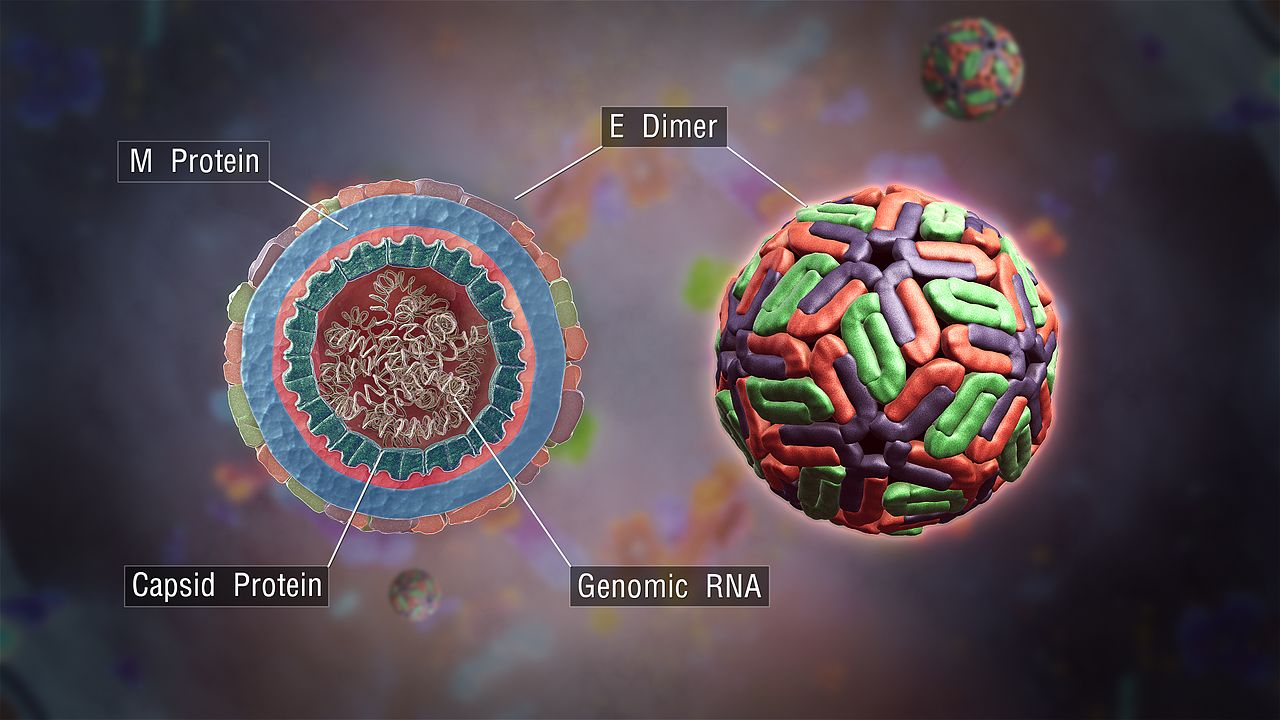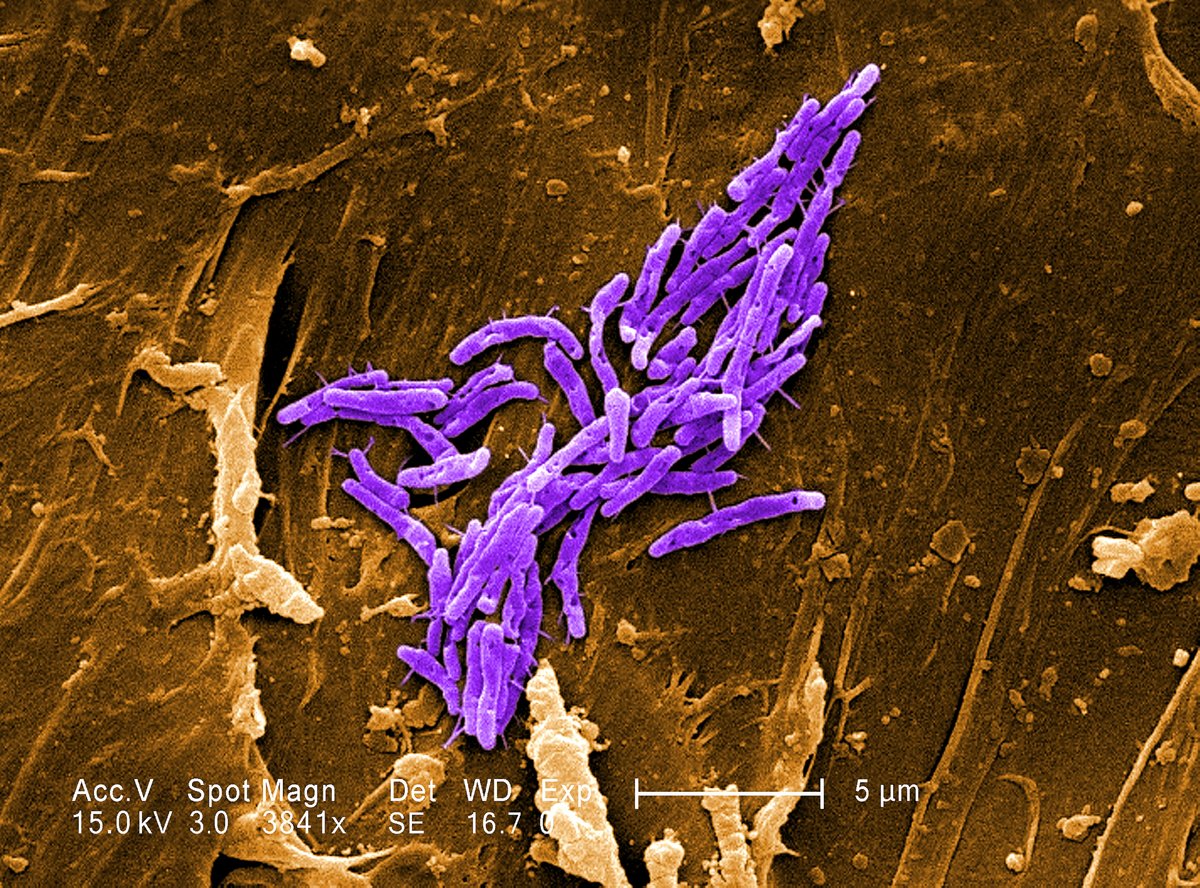
Scientists Identify Protein That Helps Dengue and JE Viruses to Multiply
- News
- 2.7K
When dengue virus infects human bodies, white blood cells get activated to fight it. But instead of destroying the virus, white blood cells are targeted and infected by the virus. The virus fools the immune system to get around its defenses and infect more cells. As white blood cells travel through the lymphatic system, the virus spreads throughout the body.
Now a collaborative study led by a team of Indian scientists has identified a key protein which helps dengue as well as Japanese Encephalitis viruses replication inside the human body by inhibiting anti-viral cytokines. This finding could pave way for the development of targeted therapeutic agents against dengue and JE viruses.
Normally when platelets circulate through blood vessels with an intact endothelium layer, they remain in their original inactivated state. During dengue infection, platelets get activated, and they release an elevated amount of cell-signalling protein called Platelet Factor 4 (PF4).
In the study which used blood samples from dengue patients, scientists found that Platelet Factor 4 inhibits anti-viral machineries of immune cells by inhibiting secretion of anti-viral cytokines (small proteins) such as interferon. In order to inhibit the function of Platelet Factor 4 scientists targeted its receptor called CXCR3. Using a small molecule antagonist to CXCR3, researchers could inhibit the virus replication in vitro as well as in vivo.
“We have shown that inhibition of PF4-CXCR3 axis can abrogate virus replication. We feel that the same mechanism may exist in other viruses too. Therefore, our findings indicate the development of a potential targeted anti-viral drug,” explained Dr. Prasenjit Guchhait of Faridabad-based Regional Centre for Biotechnology, who designed the study, while speaking to India Science Wire.
Since this approach may help find new anti-viral drugs for not just dengue and JEV but other viruses too, the research team is now validating its findings in animal studies involving genetically modified mouse with inactivated PF4 gene. Researchers hope that these mice may exhibit less infection against these viruses. Besides, they are also working on designing better small molecules against PF4 or CXCR3.
The research team included Amrita Ojha, Angika Bhasym, Gowtham Annarapu, Teena Bhakuni, Sudhanshu Vrati, Prasenjit Guchhait (Regional Centre for Biotechnology, Faridabad); Sriparna Mukherjee, Irshad Akbar and Anirban Basu (National Brain Research Centre, Manesar); Tulika Seth, Naval K. Vikram (AIIMS, Delhi); Sankar Bhattacharyya (Translational Health Science and Technology Institute). The recent research results have been published in the journal EBioMedicine. (India Science Wire)
By Yogesh Sharma
If you liked this article, then please subscribe to our YouTube Channel for the latest Science & Tech news. You can also find us on Twitter & Facebook.


